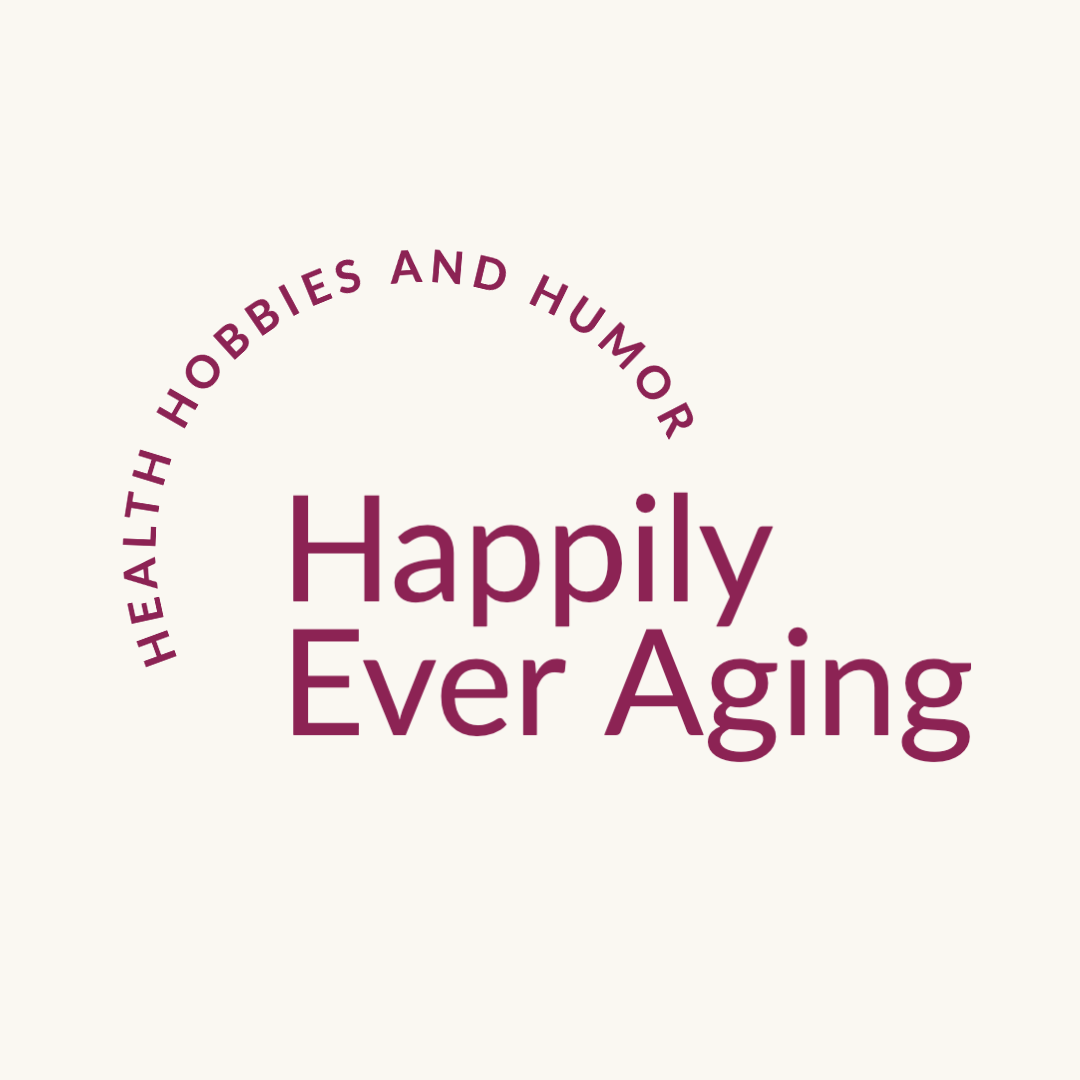Sleepless in Boston
Have you ever woken up at midnight and tossed and turned until 3:00 a.m.? Or does it take you forever to settle at night once your head has hit the pillow and you end up laying awake for a few hours before drifting off? It’s happening to me more and more these days.
Most people will tell you that when this happens you have too much on your mind, are going through a stressful period, or are anxious about something.
There are many reasons why folks experience insomnia, whether it’s chronic or short-term, including anxiety, stress, irregular sleep schedules, too much screen time before bed, drinking too much caffeine, consuming alcohol, certain medications and medical conditions. But there is one other reason - aging.
When I looked into it, I learned that sleep issues become more common with age. This is due, in part, to a change in circadian rhythms. In the hypothalamus of the brain is an internal clock made of cells called the suprachiasmatic nucleus (SCN), and research suggests that the SCN may become weaker as we age, leading to less pronounced fluctuations in the circadian rhythm.
Why is Sleep so Important?
There has been a lot of research about why sleep is valuable for good health and well being - so much so that at my last physical exam, I was asked by my doctor how my sleep has been. Getting adequate sleep promotes healthy brain function and is a determining factor in how you feel during the day. According to the National Health Institute (NIH), the following are the primary reasons why sleep is so important.
Supports Heart Health - When you fall asleep, your heart rate and blood pressure fall. During sleep, your parasympathetic system controls your body, and your heart does not work as hard as it does when you are awake.
Regulates Hormones - Not getting enough sleep can lead to higher levels of hormones that control hunger and decreases the ability to respond to insulin.
Promotes Metabolism - Sleep aids in combating an increased consumption of food, especially fatty, sweet, and salty food. When we don’t get enough sleep, we’re less likely to have the energy to exercise.
Increases Immunity - When you sleep, a particular type of immune cell works harder, so you are less likely to get a cold.
Mitigates Lack of Focus - Sleep helps with learning and the formation of long-term memories. It affects performance of daily activities. Cognition, concentration, and productivity are all negatively affected when you don’t get enough sleep.
How Many Hours Do You Need?
You hear of those who can get by on three to four hours of sleep a night. My old majorette coach was one. A work colleague professed the same. Martha Stewart is another, as is Dwayne (The Rock) Johnson.
In Medical News Today, it is reported that there is no one-size-fits-all approach to the number of hours a person needs. That said, it is most common for adults to need between 7 and 9 hours of restorative sleep each night.
I find that I need about 7 to 8 hours to feel my best. Otherwise, I’m irritable, can’t seem to find the right words to say, don’t remember simple names, and can’t focus. So, I looked into ways to minimize my insomnia.
What Steps Can You Take to Get More Zzzz’s?
It was my bouts with sleepless nights that prompted me to take a stress management and resiliency training (SMART) course with Anne Lynch, who founded Know More Stress. Through this class, I learned a lot about how to recognize stress triggers and developed the tools to manage them, developed a daily practice of meditation, and improved my ability to get a good night’s sleep. You can read about this class in my article entitled, Stress Management and Resiliency Training. FYI - she has another class coming up on April 16 if you’re interested. Details can be found in the article just mentioned.
Here are some actionable steps that contribute to a good night’s sleep.
Follow a regular schedule.
Minimize caffeine, alcohol and nicotine.
Avoid large meals just before bedtime.
Get regular exercise during the day.
Consider limiting screen time an hour before bedtime.
Maintain a comfortable room temperature.
Keep your feet warm.
Practice meditation.
There are so many euphemisms and idioms about sleep (or the lack thereof), and I’ve said one or two of them in my lifetime. Sayings like The project needs to be finished, so let’s burn the midnight oil. They seem to glorify staying awake in lieu of sleeping and prioritize productivity over self-care. Yet, it’s essential to recognize the significance of sleep in maintaining our health and well-being. Quality sleep is not a luxury; it’s a necessity for optimal physical, cognitive, and emotional functioning.
Implementing simple yet effective strategies to improve restorative sleep will rejuvenate the body and mind. And research suggests it is associated with a longer lifespan. If prioritizing sleep contributes to a healthier and more fulfilling life, I’m in. It’s definitely a way I will strive to invest in myself.
